Question And Answer
Publications
Articles, publications, books, tools and multimedia features from the U.S. Institute of Peace provide the latest news, analysis, research findings, practitioner guides and reports, all related to the conflict zones and issues that are at the center of the Institute’s work to prevent and reduce violent conflict.
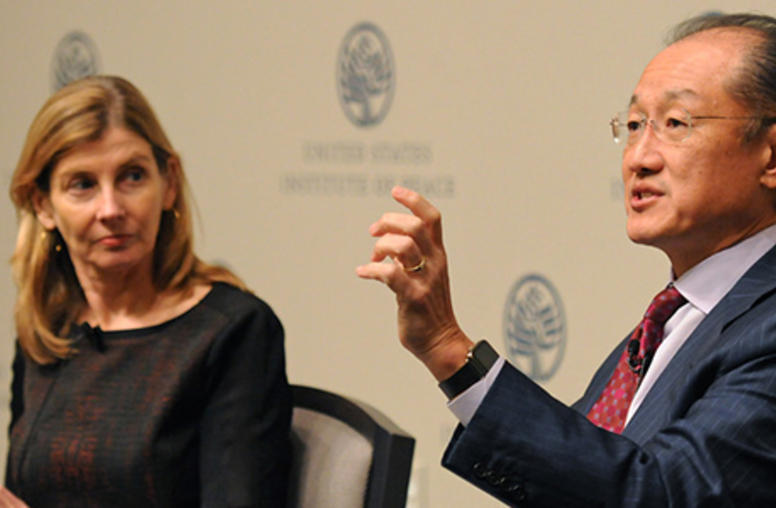
World Bank Chief Urges End to Extreme Poverty, Rethink for Development in Conflict Zones
World leaders must act to end extreme poverty in the next 15 years by addressing economic inequality that stems from wealth concentrated in the hands of a few and exacerbates conflict and instability, World Bank Group President Jim Kim said in an address at the U.S. Institute of Peace.
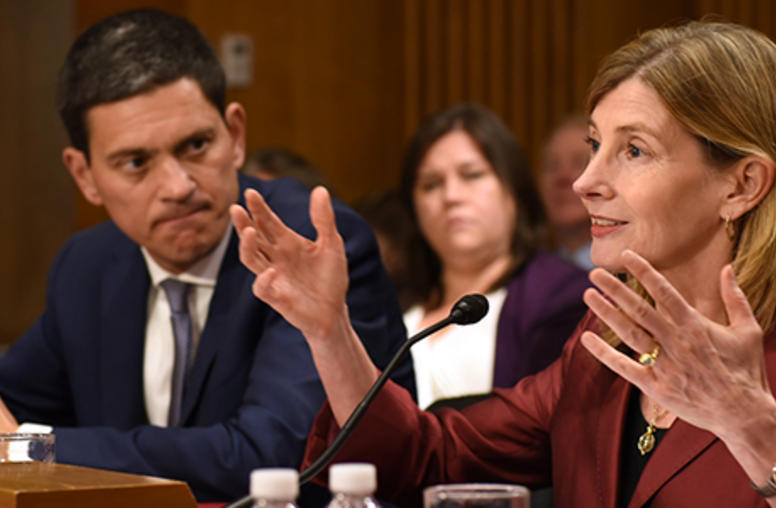
The U.S. Role and Strategy in the Middle East: The Humanitarian Crisis
USIP President, Nancy Lindborg, testifies before the U.S. Senate Committee on Foreign Relations. More from President Lindborg following her testimony, "Refugees and Social Cohesion."
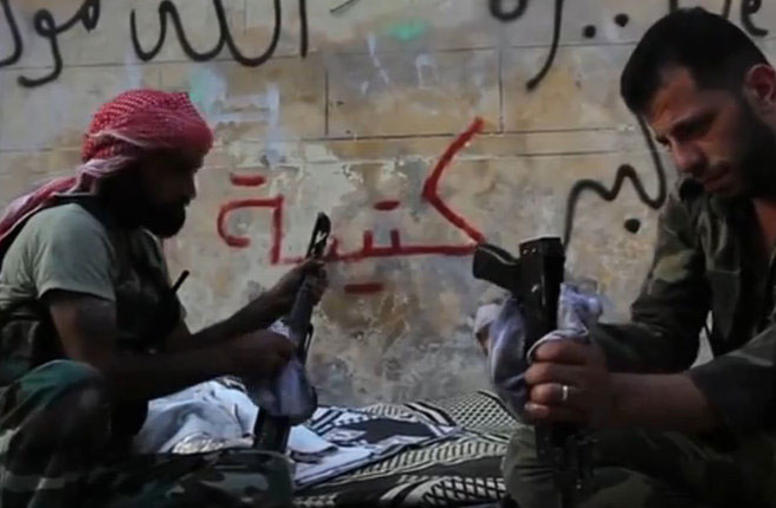
Four Lessons for Fighting Extremists – Without Guns
As the military campaign against the Islamic State stalls, it's time to turn to a civilian solution.
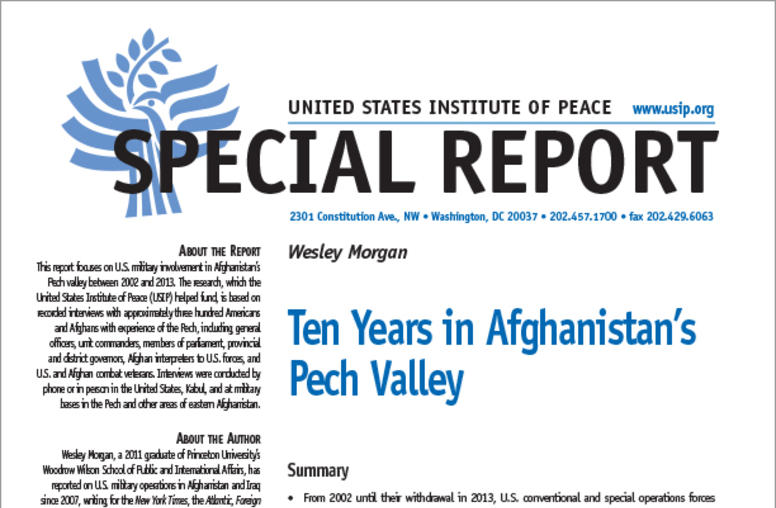
Ten Years in Afghanistan’s Pech Valley
The al-Qaeda presence in the Pech valley is greater now than when U.S. forces arrived in 2002, and counterterrorism efforts in the region continue. This report looks at U.S. military involvement in the Pech valley and the lessons it offers both the Afghan National Security Forces and the U.S. military. It is derived from interviews with some three hundred Americans and Afghans, including general officers, unit commanders, members of parliament, district and provincial governors, Afghan interp...
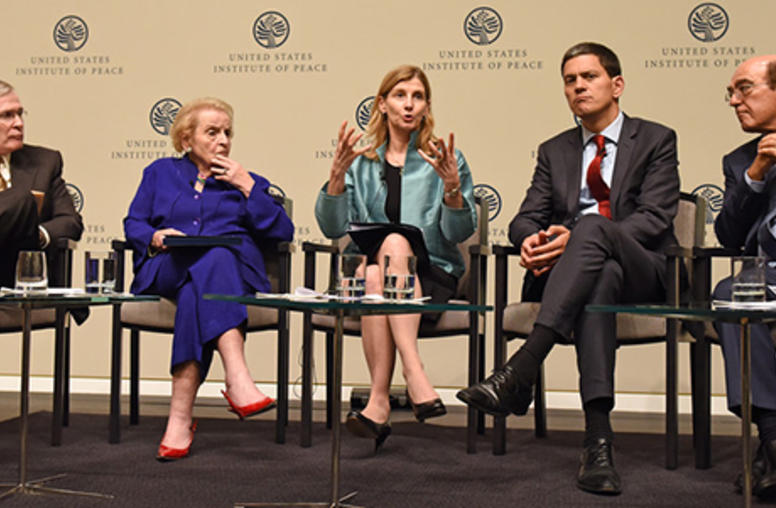
Europe’s Refugee Flood Shows Urgent Need for Action on Middle East
Former Secretary of State Madeleine Albright and former National Security Advisor Stephen J. Hadley joined U.S. Institute of Peace President Nancy Lindborg, a U.K. foreign secretary-turned humanitarian advocate and other experts in calling for U.S., European and other world leaders to accelerate assistance to refugees in the Middle East and reinvigorate efforts to end the conflicts that drive them out of their homes in the first place.
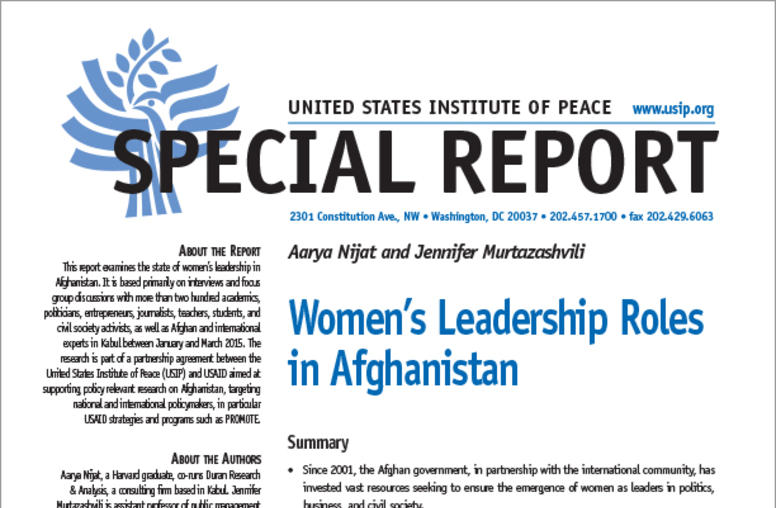
Women’s Leadership Roles in Afghanistan
In the days after September 11, the international community’s desire to “rescue” Afghan women from their social, political, and economic fate was key to mobilizing global support to topple the Taliban regime. Since then, the Afghan government and the international community have invested vast resources seeking to improve the status of women in the country, primarily through programs to support women leaders in politics, business, and civil society. Drawn on interviews and focus group discussi...
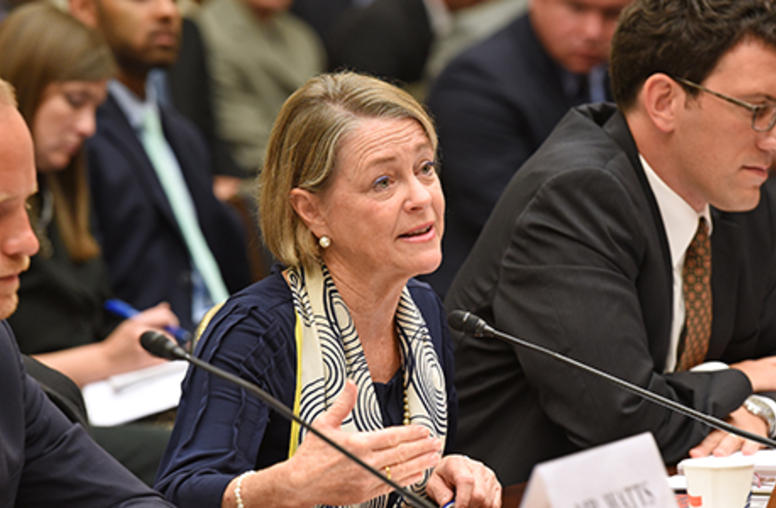
Women Under ISIS Rule: From Brutality to Recruitment
Dr. Kathleen Kuehnast, director of gender programs at the U.S. Institute of Peace, testifies before the House Foreign Affairs Committee. More from Dr. Kuehnast following her testimony, ”How ISIS Exploits Children by Manipulating Gender Dynamics."
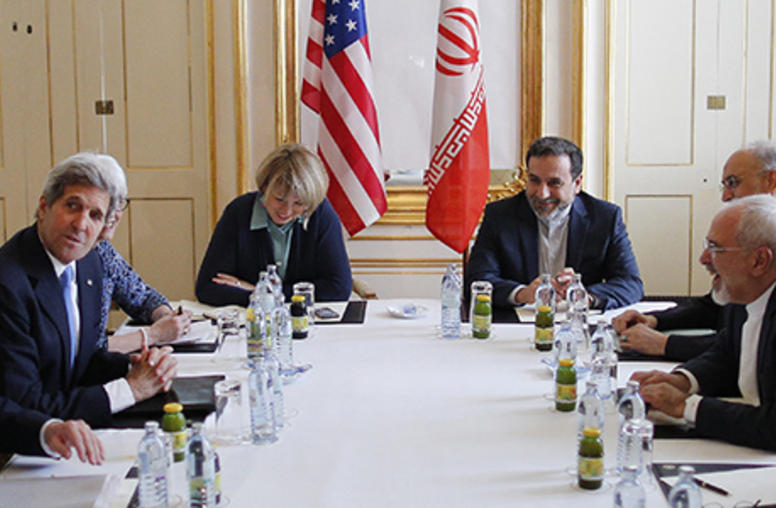
The Iran Nuclear Deal: Pitfalls and Promises
The debate swirling around the historic nuclear deal reached by Iran and the world’s six major powers this month played out among two nuclear experts, a sanctions specialist and an Iran scholar during an event co-hosted by USIP at the Woodrow Wilson International Center for Scholars yesterday. The discussion outlined many of the issues that will top agendas in Washington and Tehran as lawmakers in both countries consider the agreement in the coming months.
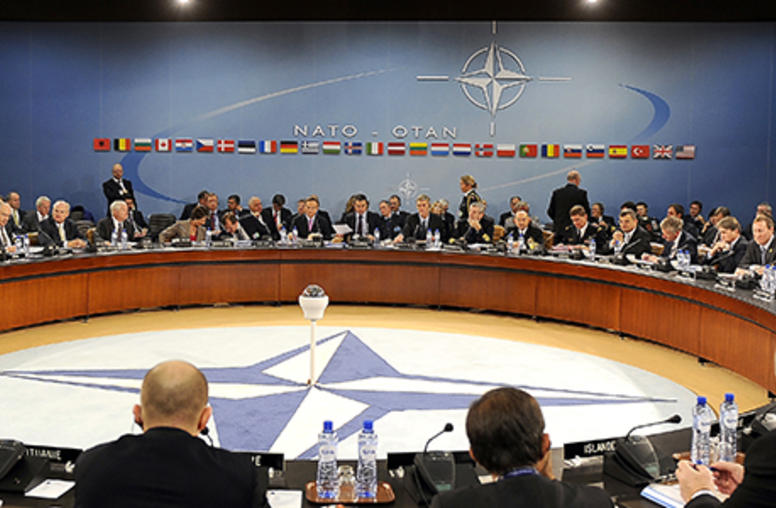
U.S.-Turkey Dialogue: Ideas to Curb the Spread of WMD
The strategic implications of the July 14 Vienna accords on Iran’s nuclear program are a matter of considerable concern not only to the Arab Gulf States and Israel, but also to the only Middle East/European member of NATO: Turkey. That country’s leaders must now assess the implications of the nuclear agreement for their own security, and even more so, for what has often been a rocky relationship with the United States.
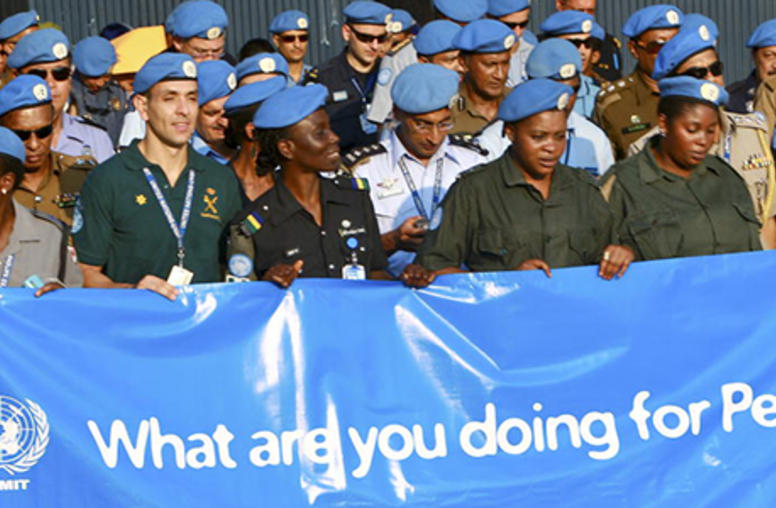
Crucial U.N. Peacekeeping Is Stretched to 'Absolute Limits'
The alarming state of the overtaxed United Nations peacekeeping system endangers human rights, genocide prevention, development and the prospects for sustainable peace, USIP board Vice Chairman George Moose told an audience June 5 at the annual membership meeting of the United Nations Association of the National Capital Area.